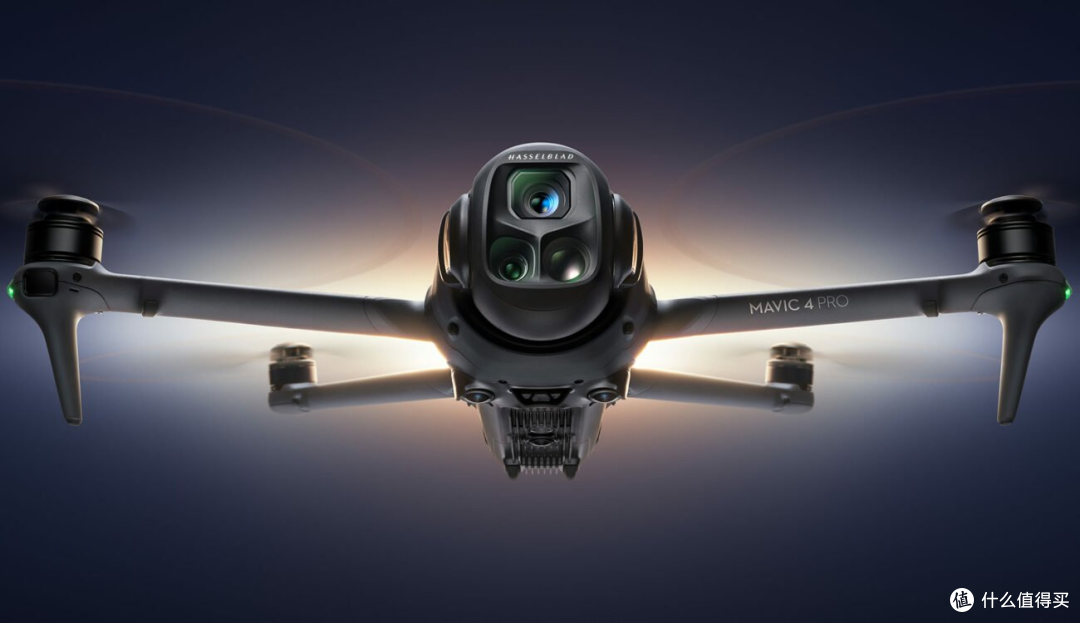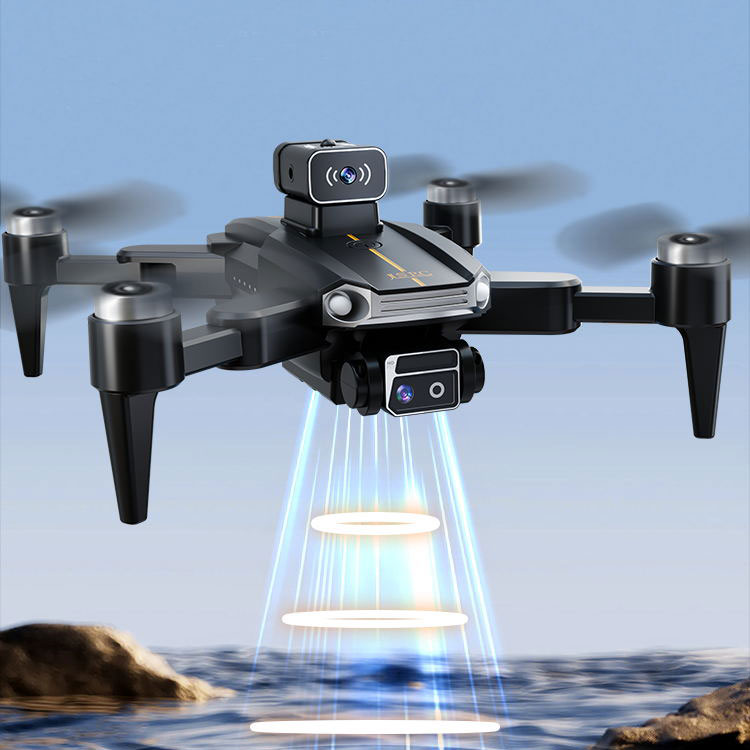The strategic decisions behind Trump’s drone strikes have sparked significant attention and debate globally. As one delves deeper into this approach, several factors need to be considered that highlight both the effectiveness and the controversies associated with these military operations.

Background and Implementation
The drone strikes were a key component of President Donald Trump’s counter-terrorism strategy. By enabling precision targeting without risking American troops, drones offered a unique capability to address threats in volatile regions. However, this method also drew criticisms, particularly from human rights organizations. They cited concerns over civilian casualties and the lack of transparency surrounding these operations.
The Tactical Advantage
Drones are equipped with advanced technology, allowing them to reach targets with pinpoint accuracy. Under Trump’s administration, the frequency of drone strikes increased significantly compared to previous administrations. This surge can be attributed to the belief that eliminating key figures in terrorist organizations would cripple their operational capabilities and prevent future attacks.
Drone technology continues to evolve, becoming more sophisticated and effective. The capability to conduct surveillance and strike with minimal collateral damage has made drones an indispensable tool in modern warfare. Supporters of Trump’s strategy argue that this approach has been integral in diminishing specific threats globally.
Controversies and Ethical Concerns
The debate over Trump’s drone strikes largely revolves around ethical implications and the potential for misuse. Critics argue that the escalation of drone usage under Trump might have blurred the lines between war and peace, as strikes can be conducted without declarations of war.

Aside from ethical debates, legal challenges arose regarding the accountability and oversight of drone operations. The lack of substantial public information regarding targets and criteria for strikes has led to concerns about possible breaches of international law.
The Global Response
International reactions to Trump’s drone policy were mixed. While some countries supported the actions as part of a broader counter-terrorism effort, others condemned the strikes, fearing they would exacerbate existing conflicts and lead to further instability. The results of these operations often influenced diplomatic relations.
As Trump’s terms ended, discussions continued on whether subsequent administrations should maintain, modify, or overhaul this approach to drone warfare. The impact of these strikes on global perceptions of American military actions remains a point of contention.
Impact Assessment
While the tactical advantages of drone strikes under Trump are evident, the long-term effects on peace and security remain uncertain. Evaluating the success of these missions extends beyond immediate results and requires consideration of the broader geopolitical landscape and the ramifications on international partnerships.
Moreover, understanding public perception is vital, as the dialogue around Trump’s drone policy affects how future administrations may engage with such technology. Monitoring changes in policy and strategy will be crucial in shaping effective approaches to conflict resolution.
Addressing this issue requires balancing the benefits of precision warfare with the necessity for ethical military conduct and comprehensive justification for actions taken.
FAQs
Q: What made drones the preferred choice during Trump’s administration?
A: Drones were favored due to their precision, ability to minimize risk to American soldiers, and effectiveness in surveillance and targeted missions.
Q: How does public opinion influence drone strike policies?
A: Public opinion impacts drone strike policies by shaping political pressure on administrations to maintain transparency, accountability, and ethical standards in military operations.
Q: Are there international laws governing drone strikes?
A: Yes, there are international laws aimed at regulating armed conflict and targeting practices, although their interpretation and enforcement often vary among different nations.
